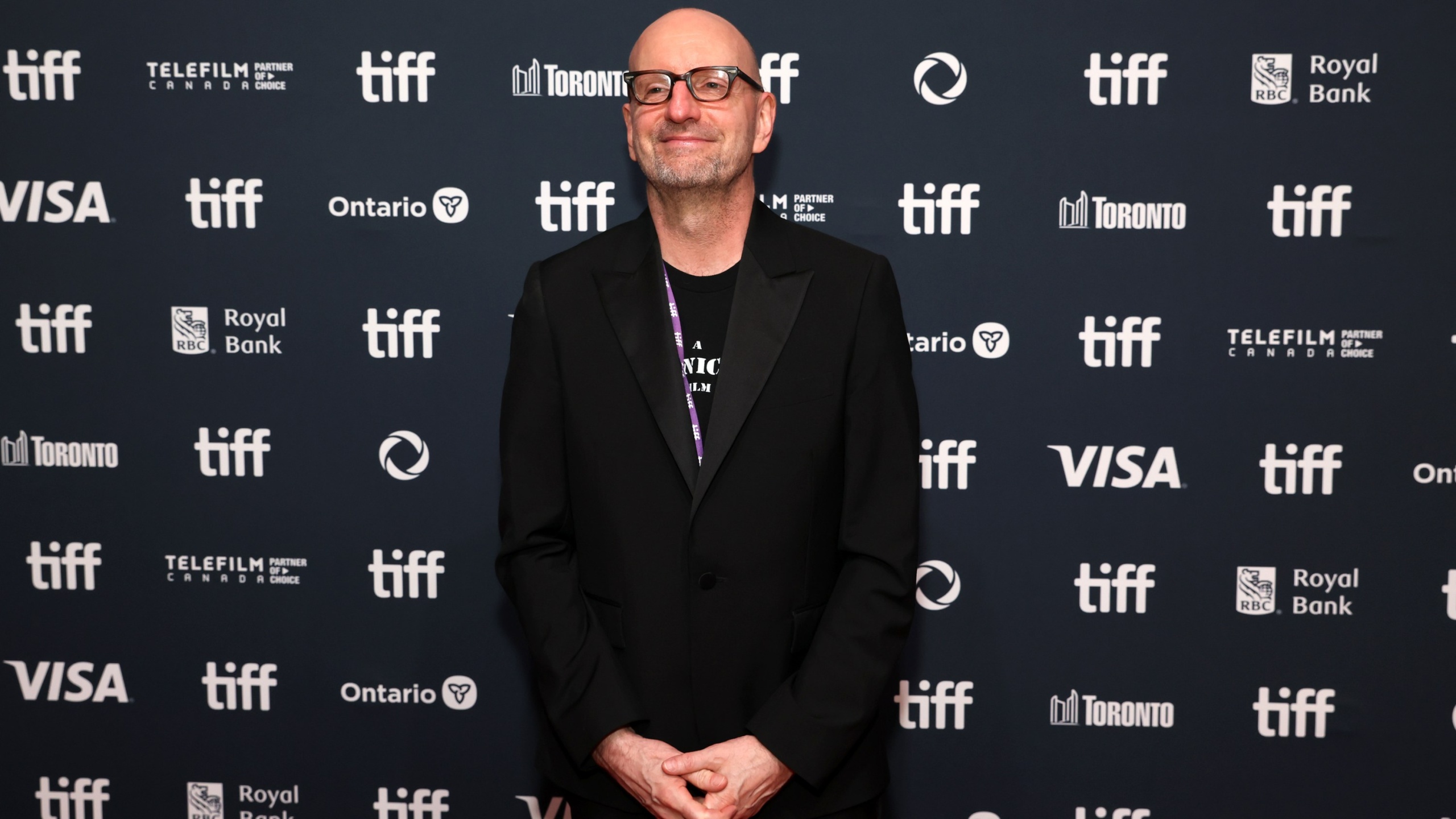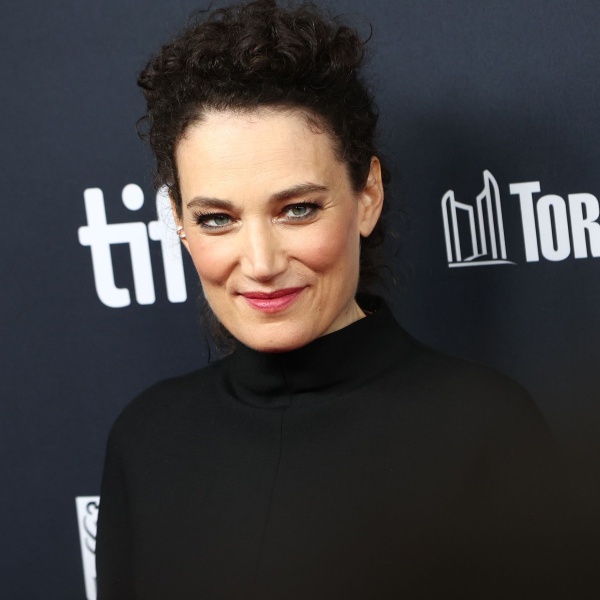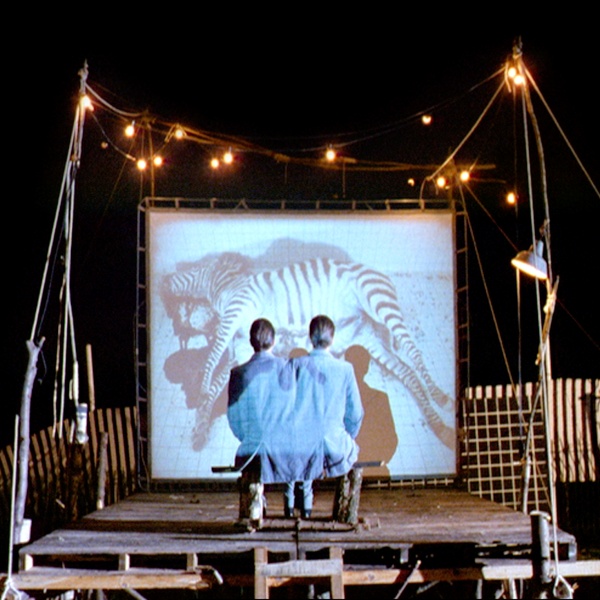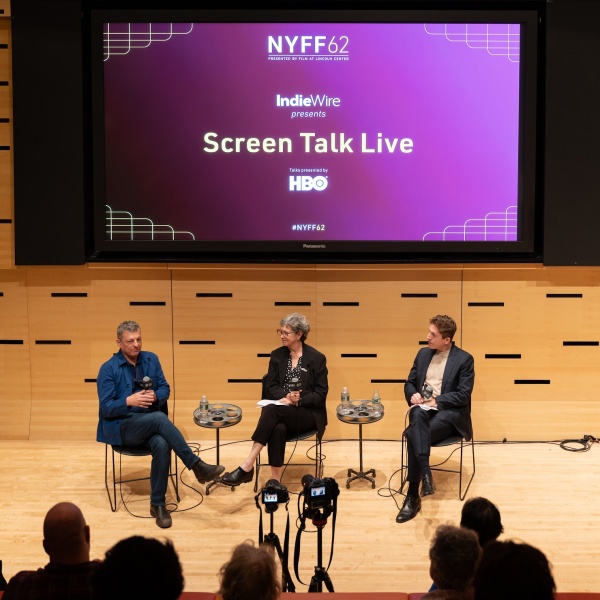Steven Sodebergh loves Steven Spielberg. Maybe it’s just a Steven thing. Or maybe it’s because the latter indirectly changed the course of the former’s life with his breakthrough film, “Jaws.” As revealed in a conversation at the Toronto International Film Festival and covered by The Hollywood Reporter, the “Ocean’s Eleven” director shared further details on a previously announced book that he’s writing about the making of the 1975 shark thriller starring Roy Scheider, Richard Dreyfuss, and Robert Shaw.
“I’ve been working on this thing [the book] that is ostensibly about directing and uses, as its spine, an analysis of the making of ‘Jaws’; day-to-day,” Soderbergh said.
While this may sound like a thrilling read that could probably be adapted into its own film one day, Soderbergh described it as more of an educational tool than a gripping piece of entertainment.
“This book is not for general consumption. This is for people who are interested in films, either as moviegoers or [who] want to do this job,” said Soderbergh at TIFF. “Because if you’re going to do this job, you need to understand the job. This is the job.”
Expanding further, Soderbergh added, “I’m going to walk you through the experience of making it as a jumping-off point to talk about problem-solving and process.”
Other books that have taken similar approaches include producer Christine Vachon’s “Shooting to Kill,” as well as Sidney Lumet’s “Making Movies,” but for Soderbergh, a huge influence was Carl Gottlieb’s “The Jaws Log.” The filmmaker got his first copy almost immediately after seeing “Jaws” in theaters at 12. Gottlieb’s book similarly uses lessons from the “Jaws” set to teach others about problem-solving and helped Soderbergh in his own career.
“I carried this book around with me. It was like the Bible. I wore out many copies,” he said.
Soderbergh has shown admiration for many of Spielberg’s films, including “Raiders of the Lost Ark,” a film whose visuals he appreciates so much, he decided to re-edit it, making it black-and-white and replacing the audio with Trent Reznor and Atticus Ross tracks from “The Social Network” and “The Girl with the Dragon Tattoo.” In doing so, he pushed viewers to focus on the magic and efficiency of how Spielberg stages his scenes.
In terms of his own work, Soderbergh also recently spoke at the Karlovy Vary International Film Festival about the personal and formal significance of his “Ocean’s” trilogy.
“So for me the ‘Ocean’s’ movies represent an opportunity to play visually in a way that not a lot of movies can justify,” he said. “In my mind, they were these Lichtenstein panels, colorful, big, the music’s very important. There aren’t a lot of movies that you can justify using the zoom lens a lot. And so when that opportunity came up, I jumped at it because I thought it was rare. You just don’t see commercial scripts that were as good as that first script was.”




